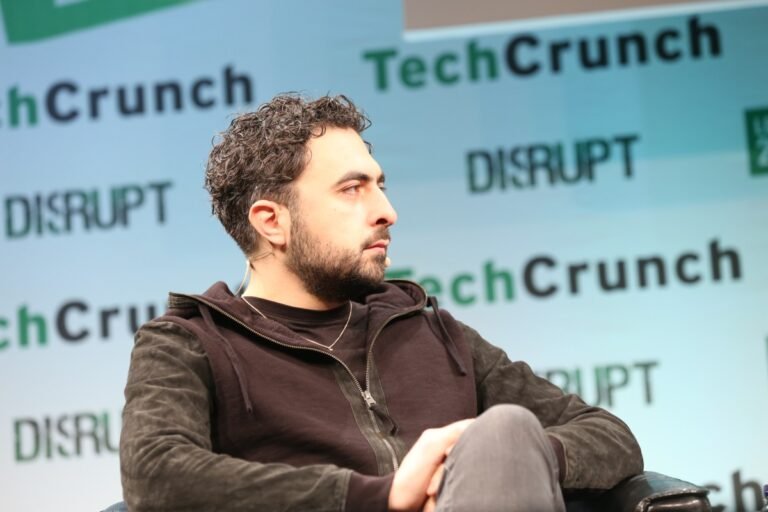
Suleyman — also a co-founder of DeepMind, which Google bought in 2014 to bolster its own AI efforts — will run Microsoft’s newly formed consumer AI unit, called Microsoft AI, whereas Simonyan is joining the company as a chief scientist in the same new group.
Mustafa, whose official title at Microsoft is EVP and CEO of Microsoft AI, will report to chief executive Nadella.
“Several members of the Inflection team have chosen to join Mustafa and Karén at Microsoft,” Nadella wrote in a blog post.
In a blog post, Inflection AI said that it will shift its focus to the AI studio business, where it builds and tests customer generative AI models.
“This renewed emphasis on our API also comes with some important changes in the company,” wrote Inflection AI.

Microsoft has revealed that it too will allow business customers to transfer data out of its Azure cloud infrastructure with no so-called “egress fees” attached, following hot on the heels of similar moves by cloud rivals AWS and Google.
The latter of these announced it was ditching egress fees in January, followed by AWS earlier this month.
Similar to rivals including AWS, Microsoft did already allow customers to transfer 100GB of data out of Azure each month for free.
This is notable, because a lot of companies will want to use some Azure services, without having to go all-in on it.
So data transfers from other Azure services, such as the Azure Content Delivery Network (CDN), will still include the standard charges.

A lengthy investigation into the European Union’s use of Microsoft 365 has found the Commission breached the bloc’s data protection rules through its use of the cloud-based productivity software.
Announcing its decision in a press release today, the European Data Protection Supervisor (EDPS) said the Commission infringed “several key data protection rules when using Microsoft 365”.
The regulator, which oversees’ EU institutions’ compliance with data protection rules, opened a probe of the Commission’s use of Microsoft 365 and other US cloud services back in May 2021.
Yet use of Microsoft 365 routinely results in data flowing back to Microsoft’s servers in the US.
Over the last few years, Microsoft has responded to amped up EU regulatory risk attached to data transfers by expanding a data localization effort focused on regional cloud customers — in an infrastructure it’s branded the “EU Data Boundary for the Microsoft Cloud”.
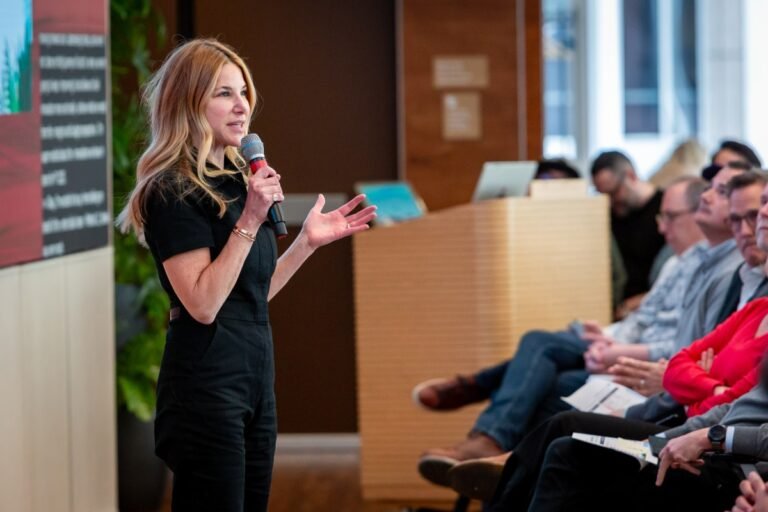
Slack’s new CEO looks to bring stability after a turbulent period Three chief executives in one year will do thatIt’s not often you see an established company burn through three CEOs in less than a year.
But through circumstances beyond its control, that’s what has happened at Slack, the company Salesforce acquired in 2020 for $28 billion.
Jones herself had replaced company co-founder Stewart Butterfield when he announced that he was leaving at the end of 2022.
“And then you think about Salesforce having this incredible set of customer data, some of the world’s most valued data.
Even though Harris brings a long history of building Salesforce, Slack is losing a person who has a deep understanding of Slack’s technical underpinnings.

How DMA gatekeepers are responding to the EU’s new competition rules — in their own wordsThe compliance deadline for the six tech giants regulated under the European Union’s Digital Markets Act (DMA) expired yesterday.
The first batch of gatekeeper compliance reports — aka the non-confidential versions — have been published on the Commission’s DMA website.
The length is at least justified: Reflecting the fact a full eight of its products are designated as core platform services.
For handy reference, we’ve rounded up links to the gatekeepers’ first batch of public-facing DMA compliance reports below.
If you’re looking for an analytic overview of the DMA, its aims and early impacts, check out our earlier explainer.
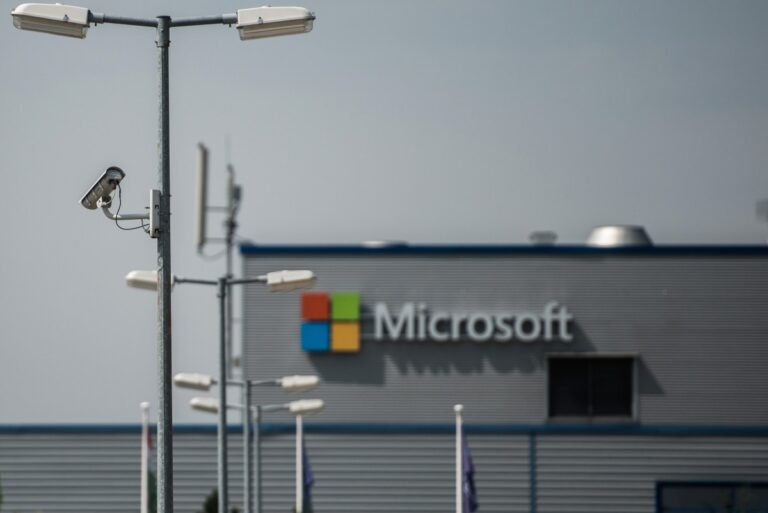
On Friday, Microsoft said Russian government hackers continue to break into its systems using information obtained during a hack last year.
This time, the Russian hackers dubbed Midnight Blizzard have targeted Microsoft’s source code and other internal systems, the company said.
This has included access to some of the company’s source code repositories and internal systems,” Microsoft wrote in a blog post.
This new intrusion comes after Microsoft revealed in January that Russian government hackers had broken into the company’s systems last November.
Midnight Blizzard is believed to be a hacking group working for Russia’s Foreign Intelligence Service, known by its Russian initials, SVR.

Elsewhere, Mistral, the French AI startup, launched a new model to rival OpenAI’s GPT-4 — and its own cheekily named chatbot dubbed Le Chat.
NewsApple car canceled: Apple has scuttled its secretive, long-running effort to build an autonomous electric car.
Bumble stumbles: Bumble posted weak Q4 results showing a $32 million net loss and $273.6 million in revenue — below Wall Street expectations.
Google’s AI goes awry: Google has apologized for an embarrassing AI blunder this week: An image-generating model that injected diversity into pictures with a farcical disregard for historical context.
PodcastsOn Equity, the crew talked through startup news from Microsoft and Mistral AI, Thrasio and Glean — and also covered happenings over at COTU Ventures and Zacua Ventures.
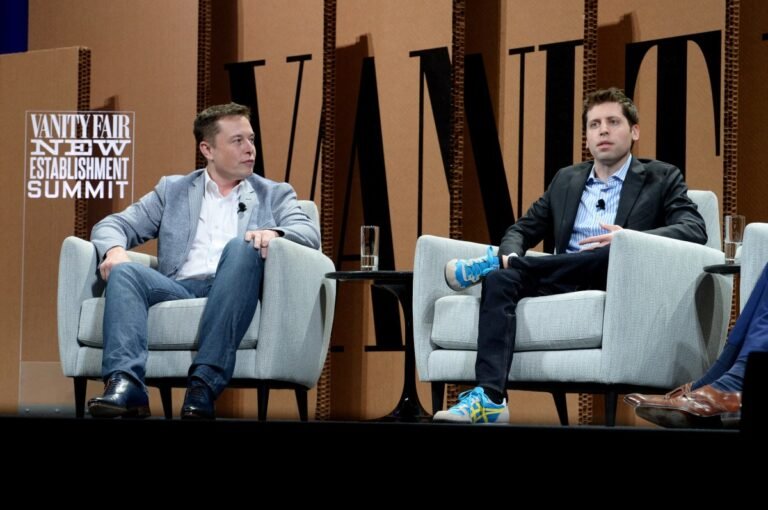
The lawsuit says that OpenAI has shifted to a for-profit model focused on commercializing its AGI research with Microsoft, the world’s most valuable company.
“This was a stark betrayal of the Founding Agreement.”The lawsuit follows Musk voicing displeasure with OpenAI’s shift in priorities in the past year.
For the first several years, Musk was the largest contributor to OpenAI, the lawsuit adds.
He alleges OpenAI and Microsoft have improperly licensed GPT-4 despite agreeing OpenAI’s AGI capabilities would remain non-profit and dedicated to humanity.
Musk is seeking to compel OpenAI to adhere to its original mission and bar from monetizing technologies developed under its non-profit for the benefit of OpenAI executives or partners like Microsoft.
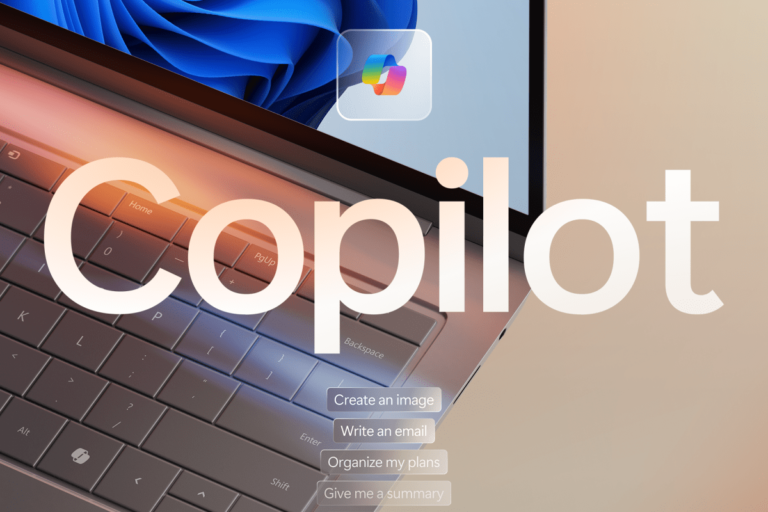
You may not have a Copilot key on your PC’s keyboard yet, but if you’re a Windows 11 user, you’ll soon be able to use Copilot for a lot more everyday tasks on your desktop.
Starting today, Microsoft is adding skills that will allow the Copilot to change more Windows 11 settings for you and plugins for services like OpenTable, Shopify and Kayak.
Restaurant reservations through OpenTable, travel reservations through Kayak and a Shopify integration are surely only the start here, too.
At the same time, Microsoft is now also integrating more AI features into its existing Windows apps.
The second is a feature that automatically removes silence from videos in the Clipchamps video editor.

Listen here or wherever you get your podcasts.
Hello, and welcome back to Equity, the podcast about the business of startups, where we unpack the numbers and nuance behind the headlines.
This is our Wednesday show, focused on startup and venture capital news that matters.
We pull the top stories from the week thus far, and give them the Equity treatment to put them into proper context.
On the show today:













